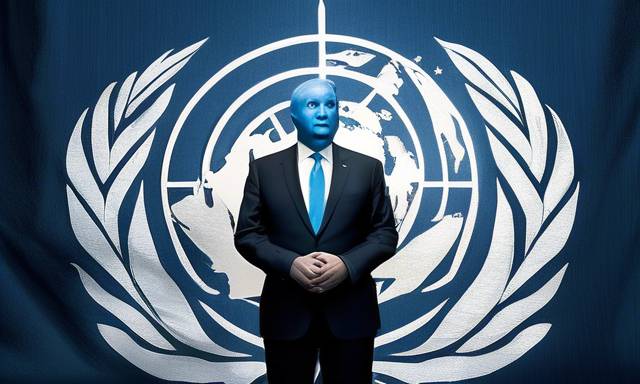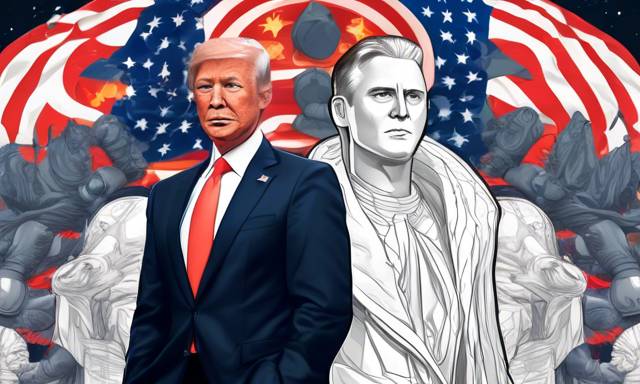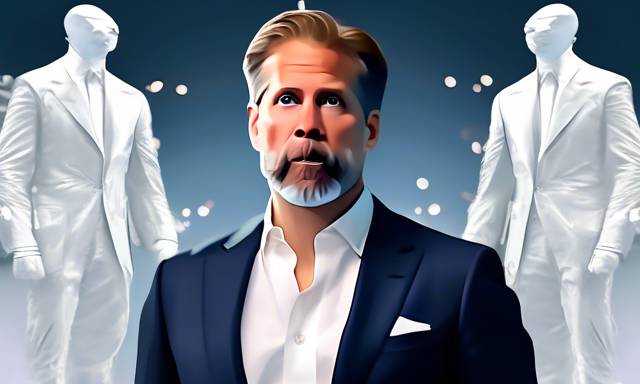UN’s Ambitious Goals for Global Control by 2030! 🌍🚀
The United Nations (UN) has laid out a vision for global governance that raises significant concerns. As the de facto global authority, the UN is positioning itself to orchestrate far-reaching changes by the year 2030. The establishment of a comprehensive framework called the “Pact for the Future” highlights its intentions. This year, the UN is working to mobilize member nations around its 17 Sustainable Development Goals (SDGs), effectively pressuring governments worldwide to make sweeping changes. Here’s a closer examination of the UN’s plans and what they could mean for nations and individuals alike.
Understanding the UN’s Role and History 📖
The United Nations emerged post-World War II in 1945, a successor to the failed League of Nations. From its inception with 51 countries, the organization’s membership has expanded significantly, now encompassing 193 member states. The UN aims to maintain peace, foster international cooperation, and support humanitarian efforts. However, its increasing control over various global issues raises questions around its influence and intentions.
Global Governance and Its Implications 🌐⚖️
The UN collectively addresses world challenges through its SDGs, which target issues such as poverty, climate change, and human rights. With a looming 2030 deadline, the urgency to meet these goals has led to a focus on technologies like Central Bank Digital Currencies (CBDCs) and digital IDs. These initiatives appear to serve broader objectives of surveillance and control, allowing for unprecedented tracking of individual behaviors.
The Latest UN Summit: Actions and Reactions 🏛️🗓️
This September, the UN hosted its annual General Assembly Summit in New York, gathering over 4,000 representatives from various fields. The event marked a significant milestone in discussions around future governance. Discussions centered on a framework that aims to adapt institutions to contemporary challenges. The “Pact for the Future” underscores commitments to vast reforms and emphasizes the UN’s role as a central coordinating body.
- Key Objectives of the Pact:
- Support sustainable development
- Improve financing for development
- Address climate change and human rights
- Enhance global security and governance
The stark reality is that the UN’s agenda includes ambitions that many countries may find challenging to comply with due to the diverse political landscapes and economic disparities among its members.
Financial Control and the Future of Governance 💰🌎
The focus on financial structures within the Pact signals a clear intent to reshape global economics. This applies to both developing nations and global financial systems. The UN aims to create frameworks for more effective borrowing and assistance during emergencies, such as pandemics or economic crises.
- Proposed Financial Reforms:
- Strengthen the financial voice of developing countries
- Ensure efficient access to emergency funds Facilitate better systems for financial management
While these plans appear beneficial, they come with underlying implications of increased international oversight and control by the UN, potentially limiting national sovereignty.
Technological Monitoring and Control 📲🛡️
As part of the Pact, the UN is looking into digital cooperation, emphasizing the necessity to govern emerging technologies responsibly. That includes monitoring tech giants and innovations in AI and blockchain. A notable initiative is the Global Digital Compact, which aims to create a safer internet environment, albeit at the cost of privacy with proposed digital IDs.
- Highlights of Technology Initiatives:
- Promote data protection while also increasing access
- Regulate artificial intelligence and other advanced technologies
The complexity and scale of these regulations could serve as a double-edged sword—seeking safety while infringing on personal freedoms.
Your Voice Matters: Participation in Governance 🗣️✊
The Pact aims to engage younger generations and instill their perspectives into decision-making processes. While promoting investment in education and youth rights, it raises concerns about whether the UN can genuinely prioritize the needs of future generations over established interests.
Hot Take: Seeking Balance Between Control and Freedom 📊⚖️
As the UN advances its plans, the balance between necessary global governance and individual freedoms becomes critical. The UN’s ambition for comprehensive control may facilitate progress in addressing pressing issues but also runs the risk of authoritarianism under the guise of cooperation. The challenge lies in ensuring that advancements do not lead to undue restrictions on autonomy and rights. As we approach the pivotal year of 2030, remaining informed and vigilant about these changes is essential for preserving both freedom and governance that truly serves the collective good.





 By
By
 By
By


 By
By
 By
By